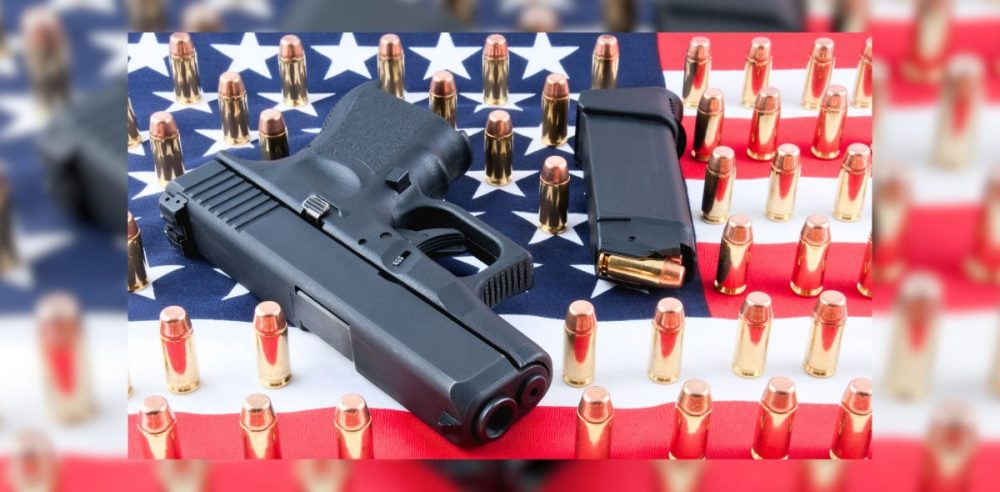(TEXAS SCORECARD) – New pro-Second Amendment legislation has been filed that would defend Texans’ rights by prohibiting the recognition, service, and enforcement of “red flag” orders.
The “Anti-Red Flag Act” by State Rep. Briscoe Cain (R-Deer Park) would block state and local entities from recognizing and enforcing extreme risk protective orders, commonly referred to as red flag laws.
Red flag laws allow law enforcement—per a judge’s order—to confiscate firearms from anyone they believe is at risk of committing a crime.
House Bill 162 would prohibit state and local entities from “adopting or enforcing any measure that would implement red flag orders unless expressly authorized by Texas law,” make any federal red flag laws that violate due process unenforceable, prohibit Texas entities from accepting federal grants to implement or enforce federal red flag laws, and create a state jail felony on “individuals who serve or attempt to serve a red flag order within Texas unless the order was issued under Texas law.”
“Texas stands strong in defending the rights of our citizens, especially regarding our constitutional Second Amendment rights,” said Cain. “HB 162 is critical in protecting Texans from federal overreach and ensuring that due process is respected regarding firearm ownership.”
“HB 162 is about standing up for the constitutional rights of Texans, ensuring that citizens are not stripped of their rights without due process,” Cain added. “This bill is a clear message that Texas will not bow to federal overreach and will always protect the freedoms guaranteed by our Constitution.”
Texas Gun Rights President Chris McNutt told Texas Scorecard that he is happy to partner with Cain to protect Texans’ Second Amendment rights.
“We’re glad to partner with Rep. Cain in the fight to make sure law-abiding Texans never lose their gun rights without due process or a crime being committed, and this bill is critical for ensuring backdoor federal funding for gun confiscation can’t be accepted in the Lone Star State.”


